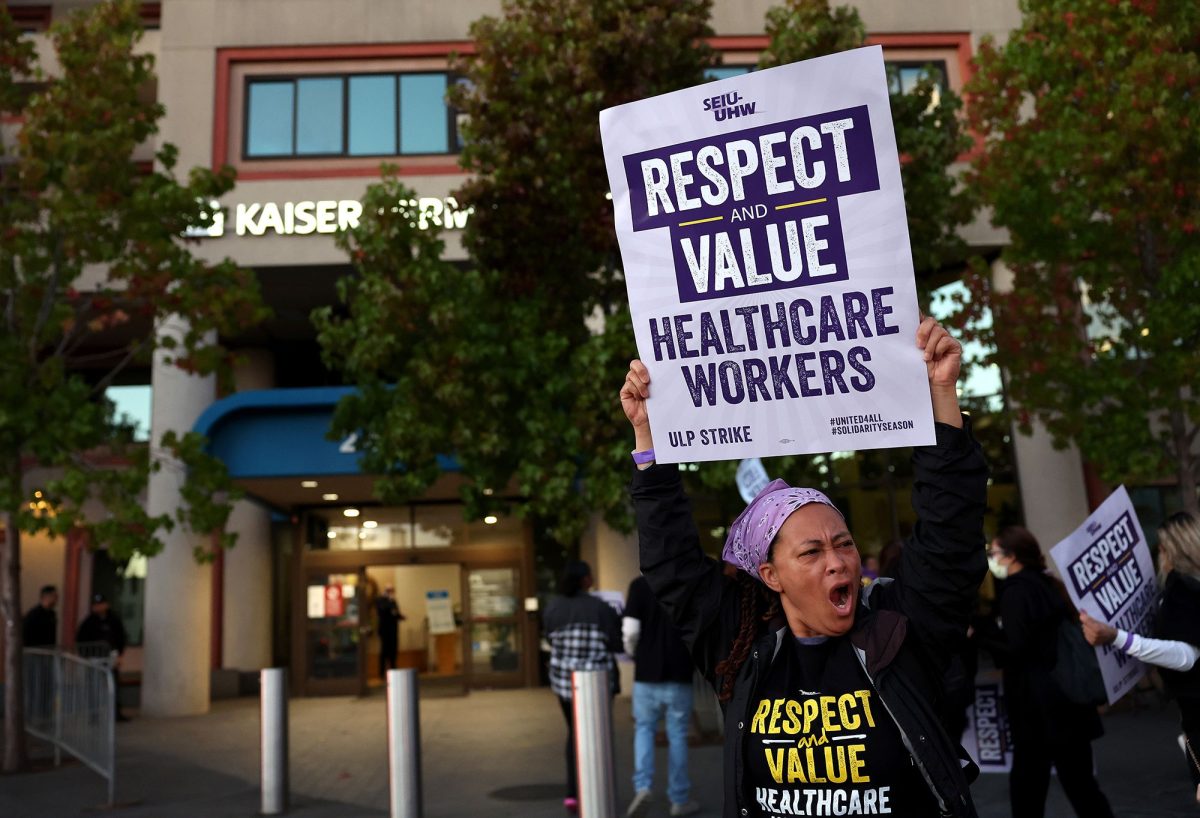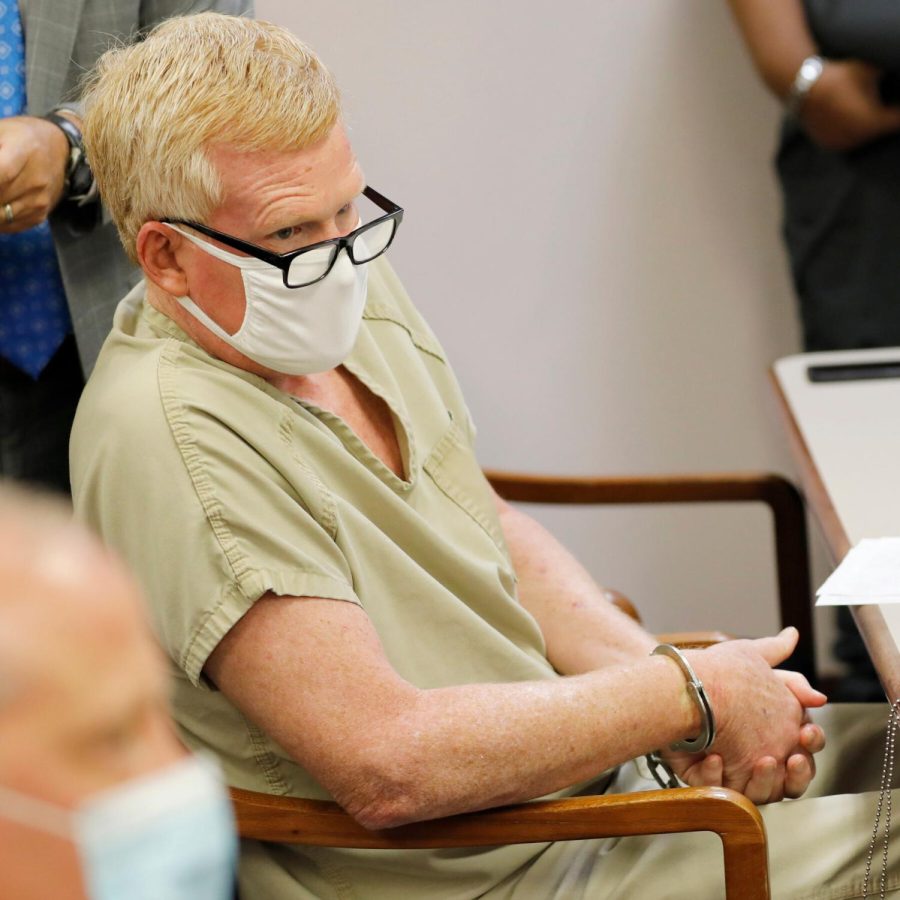We recognize the heroes of today, those who enlist in the military to serve our country, firefighters and EMT first responders, and our health care workers. Within the recent pandemic, nurses and doctors have become vital to help the overflow of patients from COVID-19. They are the heroes of the story, but it turns out, being a hero is not all sunshine and glory.
Approximately 75 thousand healthcare workers were led by the Coalition of Kaiser Permanente Unions to picket on Wednesday morning after their contracts with Kaiser expired. The Coalition of Kaiser Permanente Unions is a combination of dozens of unions, all made up of healthcare workers within Kaiser Permanente. Kaiser Permanente is a non-profit healthcare plan and hospital system aiming to provide high quality, affordable health care and services to its members and the citizens in the area.
The Coalition of Kaiser Permanente Unions has healthcare workers from California, Colorado, Oregon, Columbia, Hawaii, Maryland, Virginia, and Washington making up the biggest health care strike of the century. With the increased strain on the economy, as well as the new strains of COVID being discovered, these health care workers are left overworked and underpaid. The average hourly pay is $24, barely enough to cover the cost of living today.
Kaiser has only offered a 2% to 4% annual raise to their workers, which leaves their employees on a tight budget from economic inflation and cost of living rises. This union desires to compromise with Kaiser to gain a higher annual raise, protection against subcontracting and outsourcing, improvements of premium subsidy and HRA retiree medical plans, and to raise the bonus pay for frontline workers based on performance.
Kaiser desires to outsource revenue cycle, which is all administrative and clinical related functions such as management and patient service revenue, as opposed to hiring within the coalition to keep the current revenue cycle workforce. This is only the first step Kaiser desires to take to expand to non-union, lower wages, and benefits to the companies they own. That means that the workers within their unionized facilities would lose their jobs, as well as unionized facilities across America.
The union also desires to make improvements on the premium subsidy and HRA retiree medical plans that would be up to date for economy and health requirements based on the feedback of Kaiser healthcare members. As well as across the board raises, protection against subcontracting and outsourcing, as well as protecting the Bonus paid to first responders.
The Coalition of Kaiser Permanente Unions also requires the increasing of staffing so the nurses and doctors can provide better, quality care to people who need it. Right now, most health care workers within Kaiser end up doing the work of two or three people’s jobs. Overworking their staff can cause burnout. Increasing the staff to patient ratio would also help prevent this, which may cause healthcare workers to ultimately leave this profession for good.
Unfortunately, the representatives of Kaiser Permanente had refused to enter the conference room where the Coalition of Kaiser Permanente Unions announced and finalized their three day strike. These representatives refused to bargain with the union leaders too, in which case the employer can declare impossible, causing the union to file charges of unfair labor practices for failing to bargain in good faith.
Although these healthcare workers were on strike from Oct. 4 to 7, Kaiser Permanente planned to care for incoming patients during the strike by bringing in temporary workers.
At that time, non-urgent appointments were postponed. It was also noted that over a third of healthcare workers were still working within hospitals during the strike.
This strike had unfortunately ended due to lack of change and communication with the representatives of Kaiser, but the Coalition of Kaiser Permanente Unions will strike again for a week starting on Nov. 1, following the three day strike. These heroes will return to their job, but there will be no telling how many healthcare workers will quit or abandon the profession from burnout until Kaiser Permanente changes their regulations for the better.
For more information please visit https://nursejournal.org/articles/nurse-strike-kaiser-permanente/ or https://www.unioncoalition.org/2023-oct-strike-notice/





